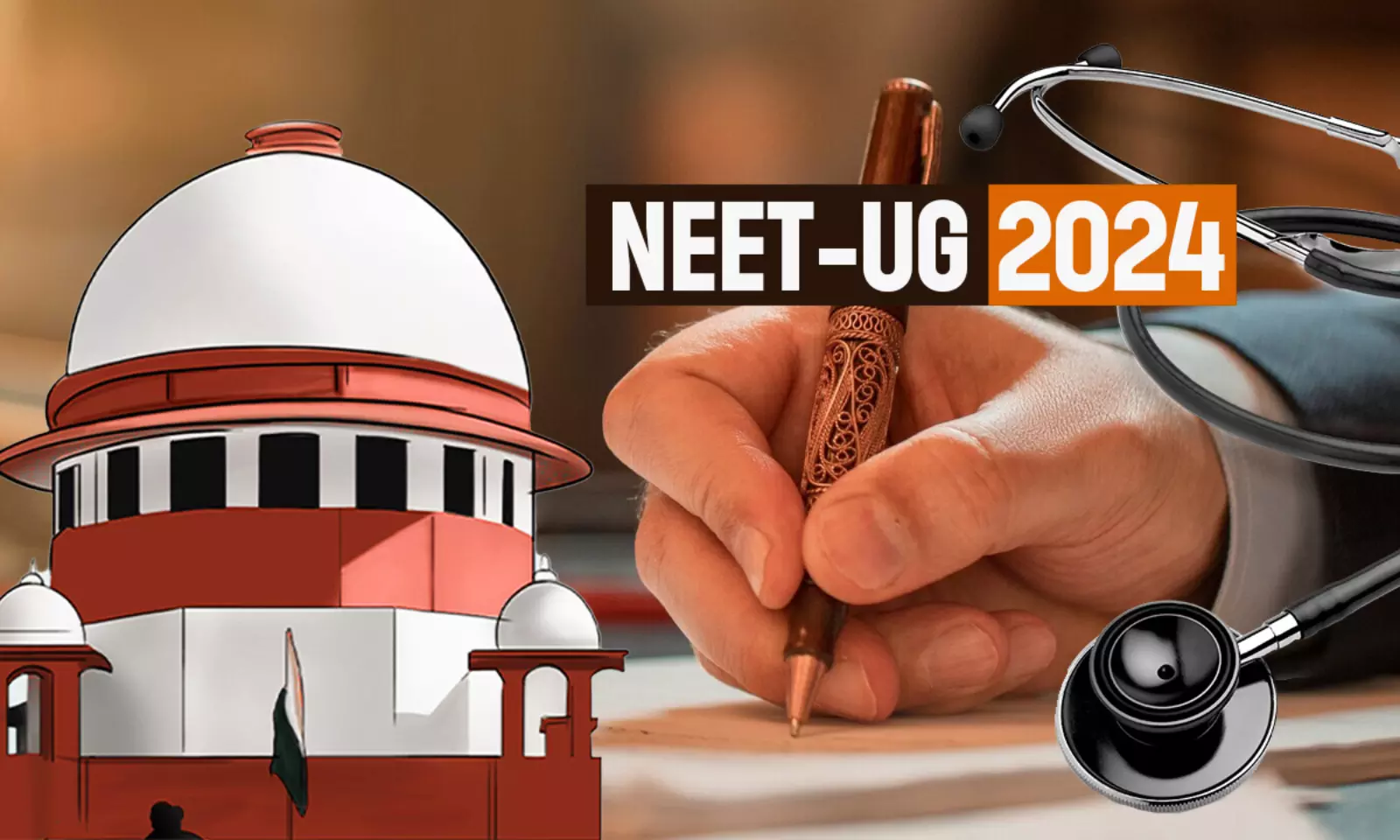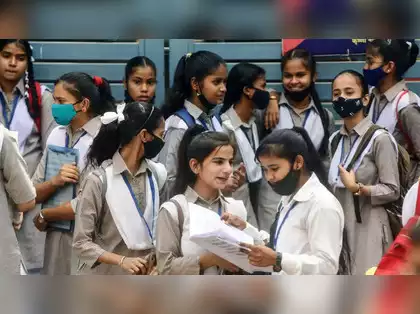The NEET PG 2024 counselling process serves as a critical gateway for medical graduates aspiring to pursue post-graduate studies in India. Following the NEET PG examination, the counselling process facilitates the allocation of available seats in various medical colleges, ensuring that candidates can secure admission in postgraduate courses based on their performance. This process is not only essential for students’ career advancement but also plays a pivotal role in shaping the future workforce of the healthcare sector in India.
The timeline for NEET PG 2024 counselling is designed to be both systematic and efficient, beginning shortly after the results are announced. Typically, the counselling procedure is divided into multiple rounds, which may include a combination of both online and offline processes, depending on the guidelines set forth by the authorities. The National Board of Examinations (NBE), along with the Ministry of Health and Family Welfare, oversees this crucial phase, ensuring that the counselling aligns with legal stipulations and maintains transparency throughout the process.
Key stakeholders in the NEET PG counselling process include the Indian Medical Association (IMA), which plays a vital role in advocating for improvements in medical education and the welfare of medical professionals. Additionally, the involvement of state governments and medical colleges across the country ensures that the counselling process considers regional requirements and guidelines. This collaborative effort among various entities enriches the counselling experience and aims to provide equitable access to medical education for all candidates.
The ramifications of any delays or disruptions in the NEET PG counselling process can profoundly impact students’ futures, potentially altering their career trajectories. Thus, a timely and efficient counselling mechanism is essential to support the aspirations of medical graduates and contribute positively to the healthcare landscape of the nation.
Supreme Court Involvement and Its Impact
The involvement of the Supreme Court in matters pertaining to the NEET PG 2024 counselling process has significant implications for aspiring medical students across India. Currently, various legal cases are pending before the court that can influence the timeline for the counselling schedule. These cases generally revolve around disparities in admission policies, eligibility criteria, and the implementation of reservation quotas. The resulting delays from the judiciary can hinder the timely opportunities for candidates to secure placements in postgraduate medical programs.
One of the key aspects affected by these legal challenges is the uncertainty it creates for candidates preparing for the upcoming counselling. Those who qualify for NEET PG must navigate an intricate landscape of deadlines and procedural complexities. The delays have the potential to disrupt their preparations and impede their progress towards fulfilling career aspirations. For many students, the counselling period serves as a pivotal moment in their lives, shaping their future within the medical profession.
Historically, the Supreme Court’s involvement has had a profound impact on educational processes in India. For instance, past rulings regarding the NEET examination have led to significant alterations in admission guidelines and have influenced the overall allocation of seats across various institutions. Such precedents highlight the court’s role as a critical arbiter in determining the legality and fairness of educational practices. As current cases unfold, candidates and educational entities alike are keenly observing, hoping for resolutions that prioritize the candidates’ welfare and academic interests.
As the situation evolves, stakeholders in the NEET PG 2024 counselling process must remain vigilant in understanding the nuances of the legal landscape. The outcome of these cases not only affects individual students but can also redefine broader educational policies in the Indian medical landscape.
Indian Medical Association’s Urgent Appeal : NEET PG 2024 Counselling
The Indian Medical Association (IMA) recently made a significant appeal for prompt commencement of the NEET PG 2024 counselling process, emphasizing the urgency amidst ongoing delays caused by court proceedings. The association, representing a vast network of medical professionals across the country, expressed deep concern regarding the repercussions the prolonged uncertainty could have on medical education and healthcare delivery. According to Dr. Jagadish Chaturvedi, a prominent spokesperson for IMA, “The timely conducting of NEET PG counselling is not just a procedural necessity; it is critical for the future of our healthcare system.” His statement highlights the collective sentiment within the medical community that delays can severely disrupt the training and entry of new specialists into the workforce.
The IMA has pointed out that the impacts of delayed counselling extend beyond mere administrative challenges. The association claimed that such delays could lead to a shortage of skilled medical professionals, subsequently affecting patient care. Dr. Neelam Saini, the IMA National Secretary, remarked, “Our nation is already grappling with complex healthcare challenges. Any delay in the admission of postgraduate students will have cascading effects on the healthcare system.” This concern is particularly poignant as it underscores the relationship between timely education and the capacity to meet healthcare demands.
Moreover, the IMA highlighted the psychological toll on medical students who are awaiting their placements. The uncertainty surrounding their future can lead to diminished morale and professional anxiety, detracting from their educational focus. The IMA asserts that ensuring a smooth counselling process can not only fortify the medical education system but also bolster the confidence of young medical professionals entering a crucial phase of their careers. By voicing these urgent appeals, the IMA serves as a proactive advocate for both medical students and the overall integrity of healthcare in India, reinforcing the critical nature of timely NEET PG counselling.
Future of Medical Education in India Amidst Legal Challenges
The ongoing delays in the NEET PG 2024 counselling processes, exacerbated by legal challenges, pose significant implications for the future of medical education in India. As candidates await clarity, the ripple effects on student admissions and overall healthcare provision are becoming increasingly evident. With entrance examinations acting as crucial gateways for aspiring medical professionals, any uncertainties can disrupt not only individual career trajectories but also the broader landscape of healthcare delivery in the country.
Uncertainty surrounding admission timelines could lead to a backlog of students entering postgraduate programs, which in turn may create a shortage of qualified healthcare professionals. This shortage could adversely impact patient care, health outcomes, and the overall capacity of the healthcare system to respond effectively to public health demands. Moreover, prolonged delays may reduce the appeal of the medical profession among prospective students, thus jeopardizing the influx of bright minds into the field.
To address these challenges, educational institutions and regulatory bodies must adopt proactive strategies. Streamlining admissions processes, perhaps through enhanced cooperation with legal entities, can mitigate the adverse effects of ongoing disputes. Furthermore, integrating technology to facilitate virtual training and assessments may offer a partial solution to ensure that educational programs continue to deliver quality training, regardless of legal distractions. Institutions could also consider flexible academic calendars that adapt to unanticipated delays, thus ensuring that academic progression is minimally affected.
In considering the future of medical education in India, the ability to navigate legal complexities while maintaining the integrity of training programs is paramount. Ensuring that the next generation of healthcare professionals is adequately prepared to meet public health challenges will require robust mechanisms that are resilient to such interruptions. With collective action and timely interventions, the medical education sector can emerge stronger, ultimately benefiting both students and the healthcare community at large.





